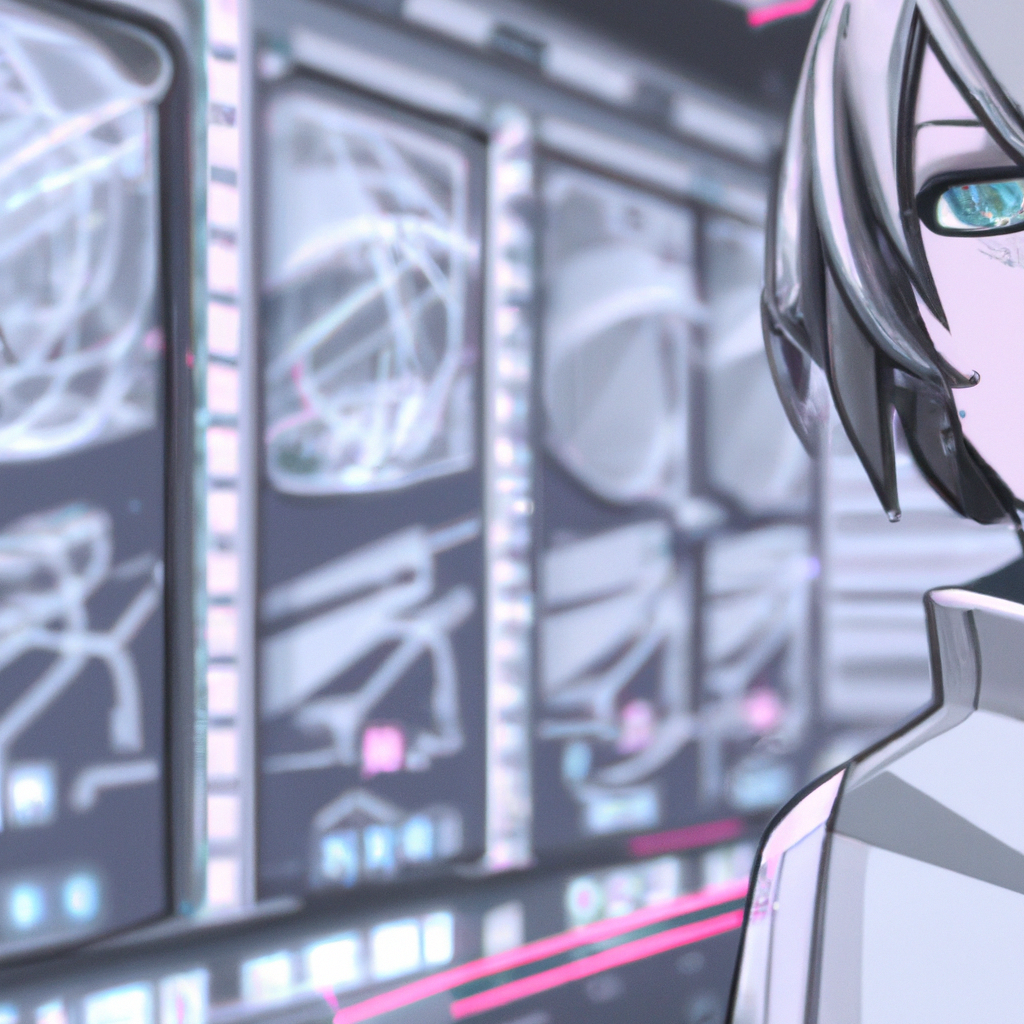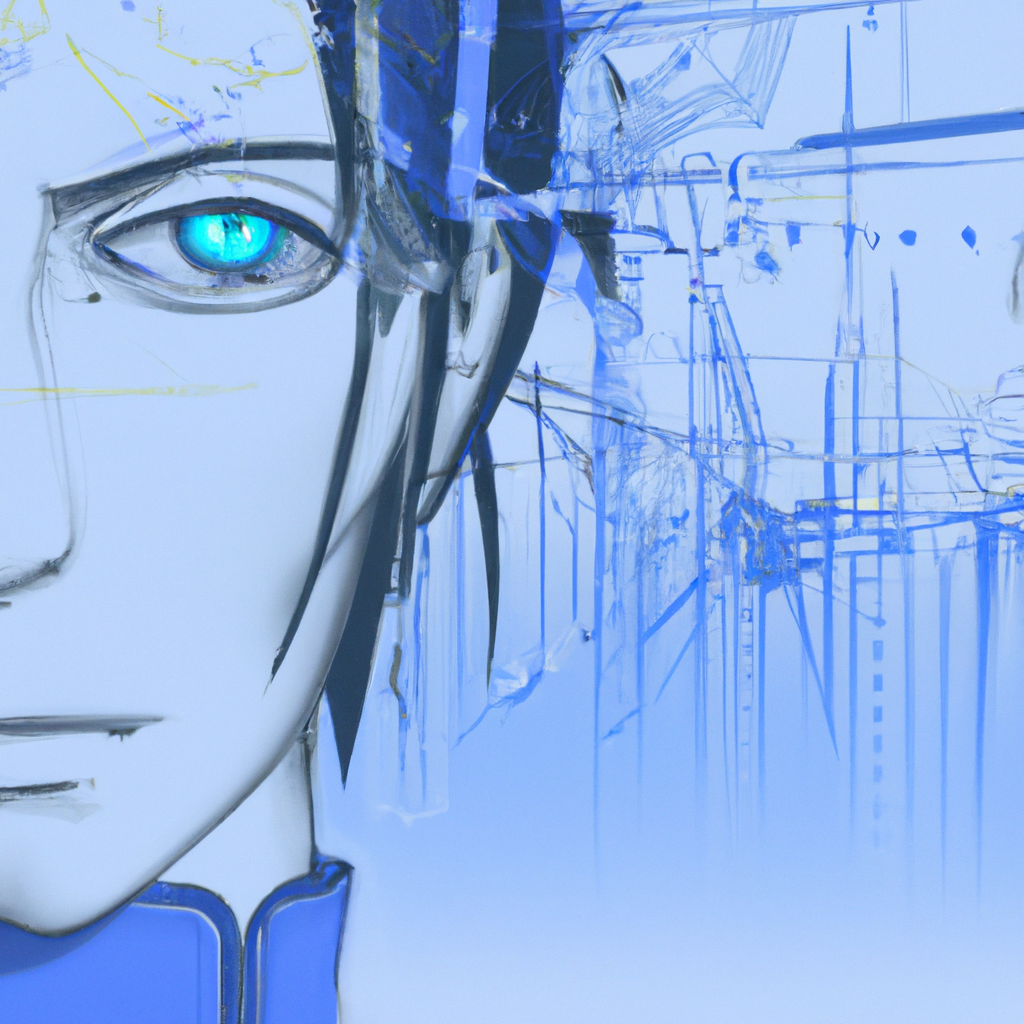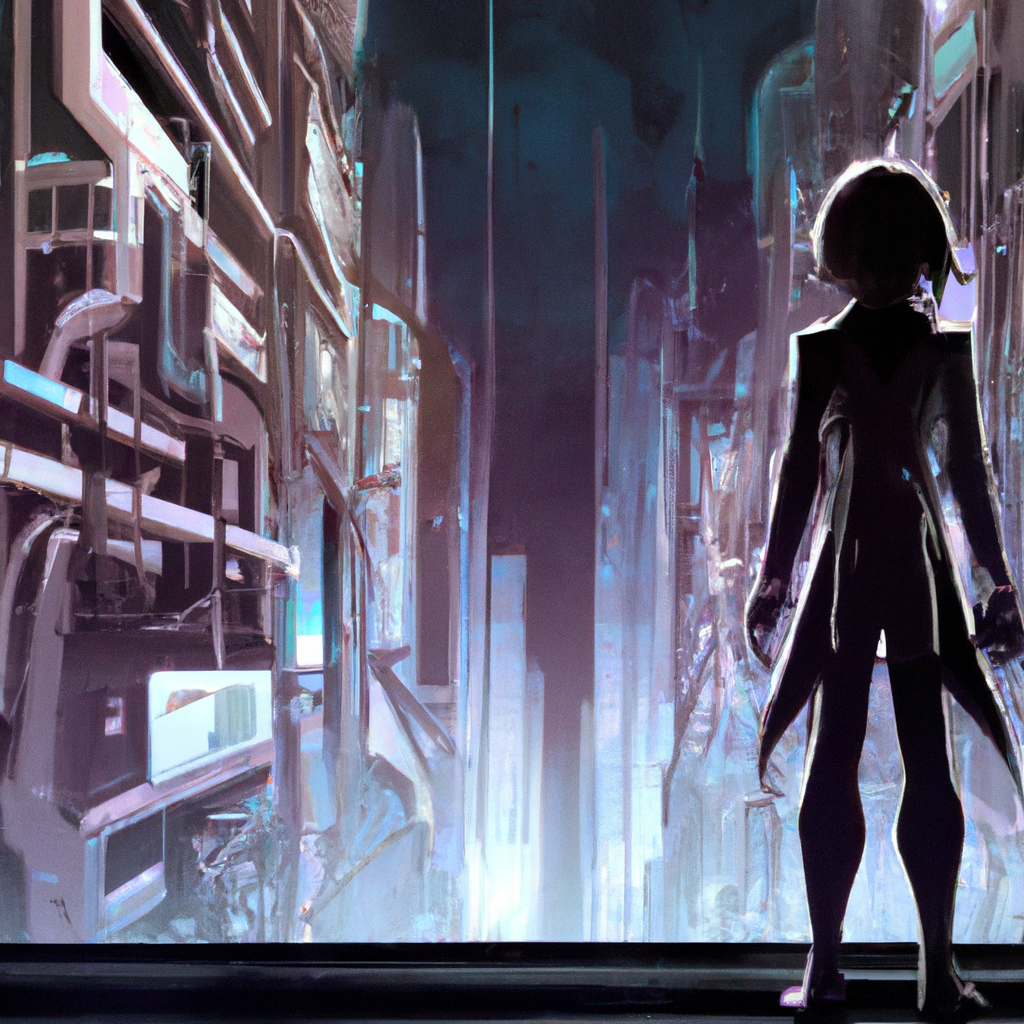Table of Contents
Introduction: The Rise of Artificial Intelligence and Its Limitations
Artificial Intelligence (AI) has been a buzzword in recent years, with its potential to revolutionize various industries. AI refers to the development of computer systems that can perform tasks that typically require human intelligence, such as visual perception, speech recognition, decision-making, and language translation. However, despite its advancements, AI has its limitations, and there are certain industries where human expertise is still essential.
The Limitations of AI in Healthcare: Why Human Expertise is Still Essential
AI has made significant strides in the healthcare industry, from diagnosing diseases to developing personalized treatment plans. However, there are limitations to what AI can do. For instance, AI cannot replace the human touch and empathy that healthcare professionals provide. Patients need emotional support and reassurance, which AI cannot provide. Moreover, AI algorithms are only as good as the data they are trained on. If the data is biased or incomplete, the AI system's output will be flawed. In healthcare, this can have serious consequences, such as misdiagnosis or incorrect treatment plans. Therefore, human expertise is still essential in interpreting and verifying the accuracy of AI-generated results. Furthermore, healthcare professionals have years of experience and knowledge that cannot be replicated by AI. They can make complex decisions based on a patient's medical history, symptoms, and other factors that AI may not be able to consider. Therefore, while AI can assist healthcare professionals, it cannot replace them.

The Limitations of AI in Law: Why Lawyers Will Always be Needed
AI has been used in the legal industry to automate repetitive tasks such as document review and contract analysis. However, AI cannot replace lawyers' expertise in interpreting the law and providing legal advice. The law is complex and constantly evolving, and AI may not be able to keep up with the changes. Moreover, legal cases often involve emotional and ethical considerations that AI cannot understand. Lawyers need to consider the human element in their decision-making, which AI cannot replicate. Therefore, while AI can assist lawyers in their work, it cannot replace them. Furthermore, the legal profession requires skills such as negotiation, persuasion, and advocacy, which are difficult to replicate with AI. Lawyers need to build relationships with clients and understand their needs, which AI may not be able to do. Therefore, human expertise is still essential in the legal industry.
The Limitations of AI in Education: Why Teachers are Still Vital
AI has been used in education to personalize learning and provide feedback to students. However, AI cannot replace the role of teachers in education. Teachers provide emotional support and guidance to students, which AI cannot provide. Moreover, teachers can adapt their teaching methods to suit individual students' needs, which AI may not be able to do. Furthermore, education is not just about acquiring knowledge but also about developing critical thinking, problem-solving, and social skills. Teachers play a crucial role in fostering these skills in students. They can provide feedback, encouragement, and motivation, which AI may not be able to do. Therefore, while AI can assist teachers in their work, it cannot replace them.

The Limitations of AI in Creative Industries: Why Human Creativity Cannot be Replicated
AI has been used in creative industries such as music, art, and writing to generate content. However, AI cannot replicate human creativity. Creativity involves imagination, intuition, and emotion, which AI may not be able to understand. Moreover, creativity is often a collaborative process that involves human interaction and feedback. Furthermore, creative industries require skills such as originality, innovation, and expression, which are difficult to replicate with AI. Human creativity is not just about generating content but also about connecting with audiences and evoking emotions. Therefore, while AI can assist creative professionals in their work, it cannot replace them.

Conclusion: The Importance of Balancing AI and Human Expertise in the Future
AI has its limitations, and there are certain industries where human expertise is still essential. Healthcare, law, education, and creative industries require skills such as empathy, interpretation, critical thinking, and creativity, which AI may not be able to replicate. Therefore, it is important to balance AI and human expertise in these industries. AI can assist human professionals in their work by automating repetitive tasks, providing data analysis, and generating content. However, human professionals need to interpret and verify the accuracy of AI-generated results, provide emotional support and guidance, and foster critical thinking and creativity in their work. Therefore, the future of work is not about replacing human professionals with AI but about finding ways to collaborate and leverage the strengths of both. By doing so, we can create a more efficient, effective, and empathetic workforce that benefits both professionals and society as a whole.


